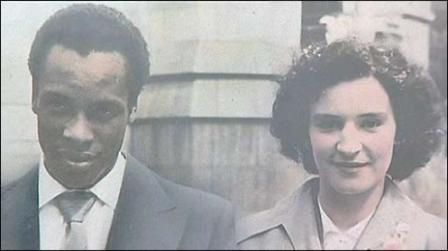Limited housing choices, was perhaps one of the reasons why some men began living with European women. Another reason was the lure of “forbidden fruit”.
Back home, they would not have had the opportunity to become romantically involved with such women.
In those days, the few European women in the Caribbean would have been at the top of the social ladder which was divided on the basis of race and shades of colour.
Later, when women arrived and found their fiancés and husbands involved in other relationships, they felt betrayed. Women marrying abroad had envisioned their social status rising further once in England.
Their impending nuptials had given them a higher social standing in the eyes of their community, because matrimony was the esteemed form of mating throughout the Caribbean.
Some married women thought that they had escaped the familiar patterns of infidelity, prevalent in Caribbean society; whereby some married men (particularly those in good jobs) carried on open relationships with “outside women”.
Coming into such conditions, women felt trapped, isolated and a deep sense of shame as they realized that the only thing that had changed in the mating pattern, was the location and the women’s ethnicity. Under those circumstances, women on the other side of the triangle had to deal with betrayal as few men would have been straightforward about their situation.
Back then, the mindset of the majority of people from the Caribbean was that education was the ticket out of poverty. With a good education, an individual would be able to help their family too.
For that purpose, an English education was considered the ultimate source for obtaining social and economic autonomy back home, since most adults did not come with the intention of staying permanently.
Many thought that after five years, they would return home, having educated their children and made their fortunes. Nevertheless, during those sojourning years, family obligations still had to be honoured in the form of remittances and barrels of material goods to those back home.
As the future generation, children had lots of hopes and expectations riding on them. Caribbean people valued education as the medium that would prepare their children to be useful members of society. But did the host community view them as such, or as parasites within their communities?




